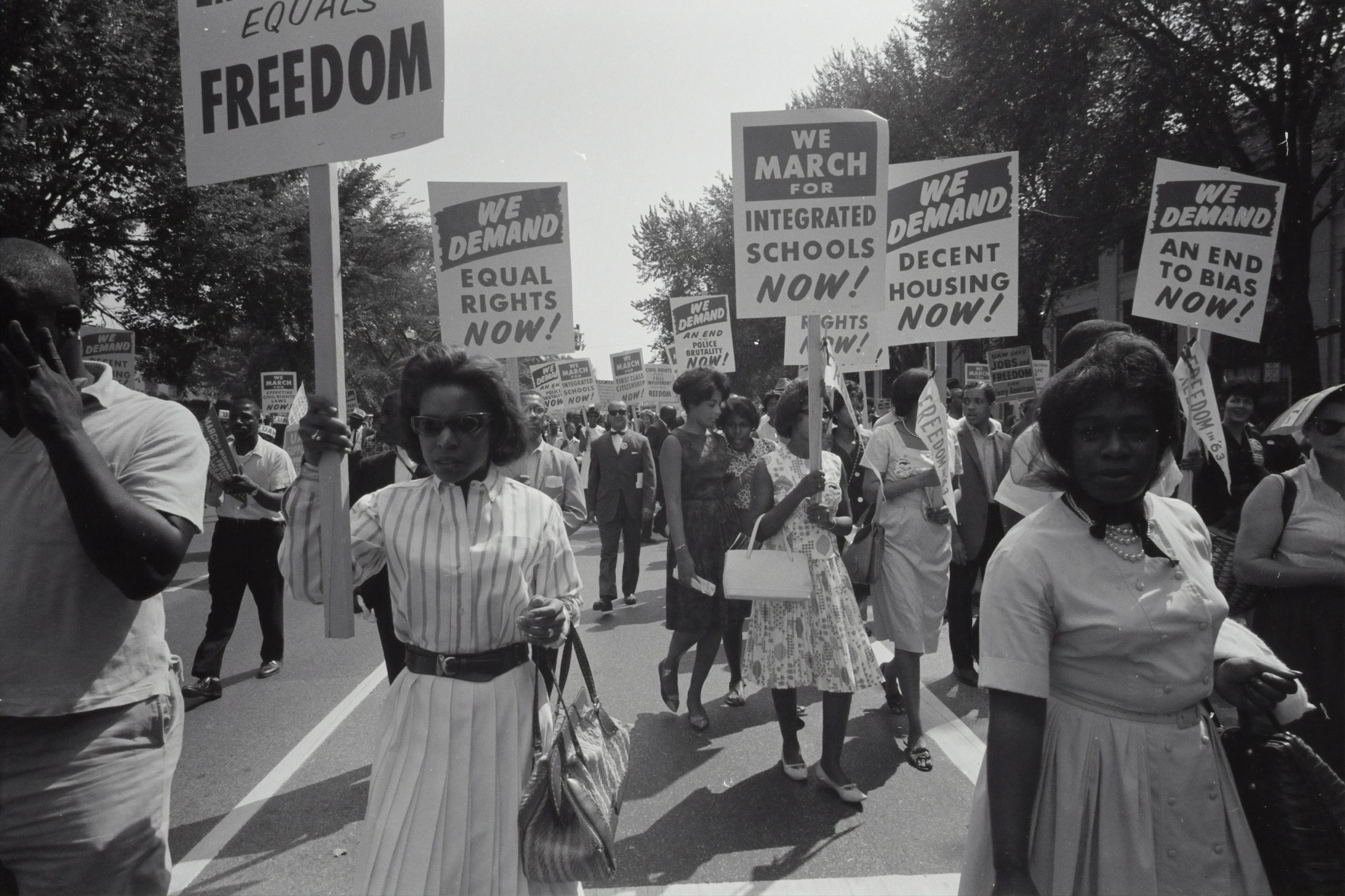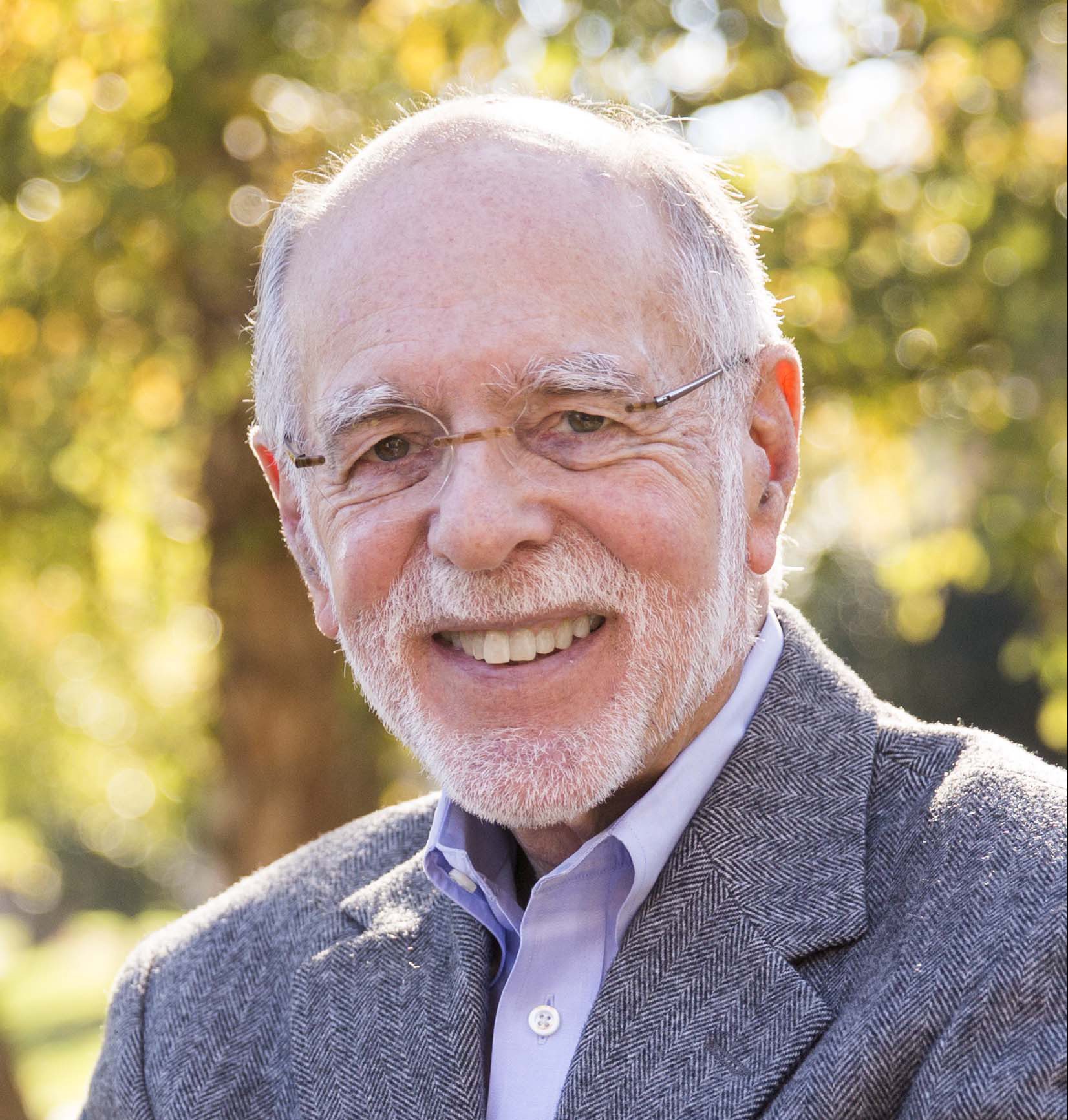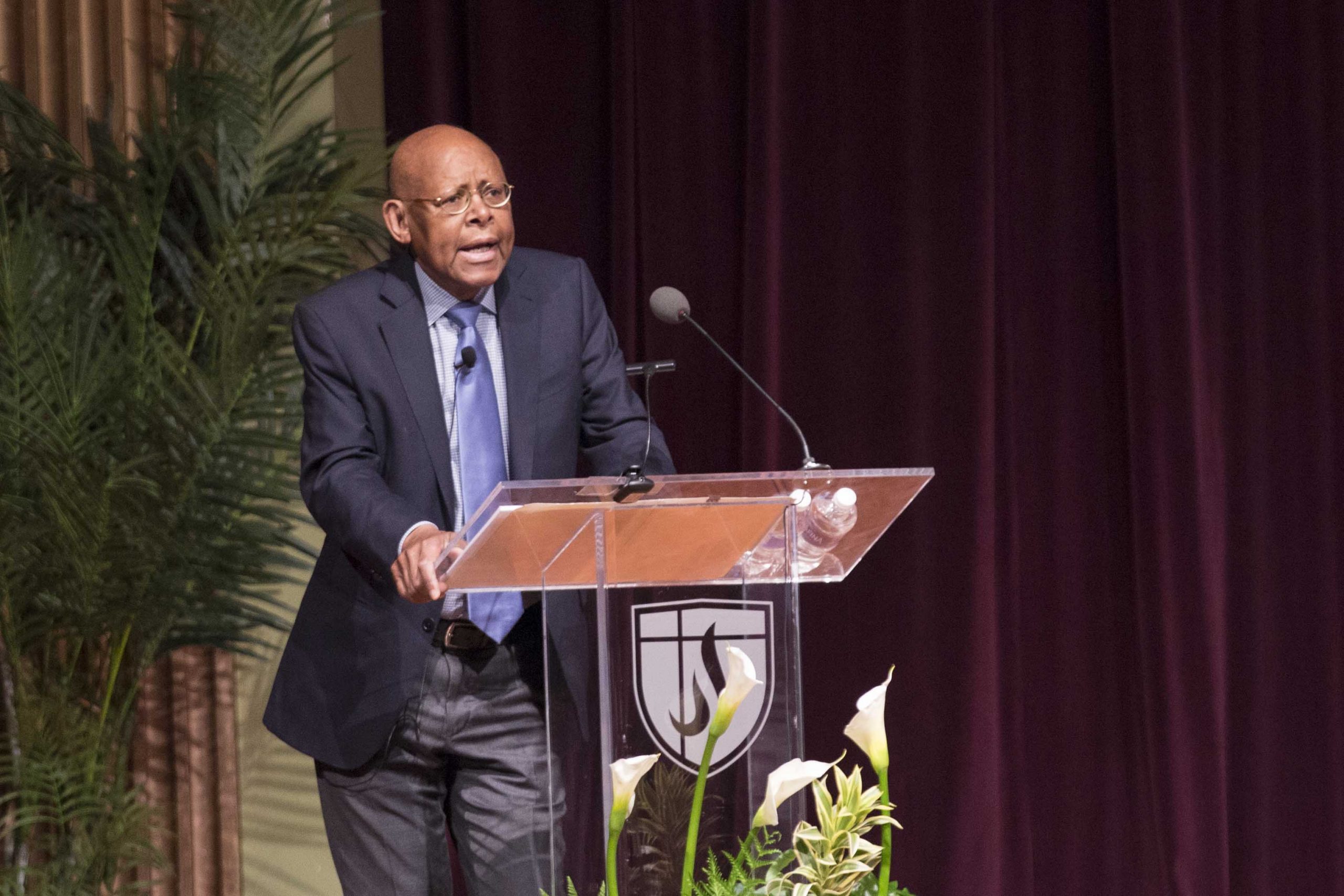
The Blinders that We Wear: When Biblical Scholarship Becomes a Liability for People of Faith
Volume 1 | June 6, 2022
Theme: Biblical Scholarship, Debate
Discipline: American Religious History
When Dean Greg Sterling asked me to help explore whether biblical studies are an asset or a liability for people of faith, I thought to myself, “Why, they are both, of course.”
I have always prized biblical studies for their ability to illumine the biblical text. Yet, when biblical scholarship becomes an end in itself, when the guild of biblical scholars becomes an echo chamber, or when scholars divorce their work from theological or confessional concerns, their work will rarely if ever serve people of faith.
But even if biblical scholars have every intention of serving the faith community, even if their scholarship is rooted in theological concerns, they still might fail to serve the church in any meaningful way if they interrogate the text without first interrogating themselves and the culture that produced them, for human beings—even biblical scholars—can never escape their cultural constraints.
I will always read the text, for example, through the eyes of who I am—a White, middle-class, heterosexual, American male, raised in a conservative Christian tradition in the American South. When I was 23 years old, I did not grasp what seems so clear to me today—that reading the text through that provincial lens will skew the biblical message and largely silence its prophetic voice.
So the question that begs for an answer is this—is it possible to read the text on its own terms, not on mine, so that the voice of the text replaces the voice of my culture and shapes my questions and concerns? The answer, of course, is “no, not completely,” but years ago, Tom Olbricht offered a way that may help us achieve that objective, at least to a degree. Tom wrote that if you want to understand what the Bible is all about, read it all the way through and then ask yourself, “What are the themes that dominate the text, that crop up in the text time and time again?” Those themes, Tom said, stand at the heart of the biblical message.
I have done that exercise, and after years of reflecting on the Bible from a layperson’s perspective, it strikes me now that one of the themes that dominates the biblical text is the dream of a new creation, a kingdom ruled by the God of love and grace, a kingdom that will finally triumph over the powers and empires of earth. This is the kingdom that Samuel sought to preserve, that Daniel predicted, that Matthew and Luke describe as “the kingdom of heaven” and “the kingdom of God.” And according to the last book in the Bible, this is the kingdom in which the Lord of love and grace will wipe away every tear, and the kingdom that will finally triumph over fallen “Babylon” that builds its wealth on the backs of the poor.
When I began to read the Bible through this particular lens, I began to see how the Bible consistently advocates for oppressed and marginalized people, for the poor, for immigrants, and for those who suffer at the hands of imperial powers. But it has taken me the better part of a lifetime to even begin to discern in the text what now seems so clear.
What obscured my vision were the blinders I wore for so many years, blinders shaped by a form of biblical scholarship, grounded in the Age of Reason. That sort of scholarship shaped my church, asked mainly about forms, structures and rituals, viewed the Bible as a legal document and a “book of facts,” and essentially dismissed both the Hebrew Bible and the gospels since they did not belong to the so-called “Christian dispensation.” In that way, my church erased the Bible’s prophetic voice.
But I also wore blinders shaped and imposed by the world beyond my church. When I was a boy, for example, the prosperity of my middle-class world placed blinders on my eyes that prevented me from seeing the poverty that was all around me. The whiteness of my world prevented me from seeing people of color, though people of color could be found on every hand. The justice I experienced in my world obscured the reality of injustice that bore down on so many people in my community. And the health of my world placed blinders on my eyes that obscured the reality of suffering.
When I went off to college in 1961, my cultural blinders persisted. Even though I lived for the next four years in close proximity to many of the defining events of the Civil Rights Movement, I was blinded and could not see. My professors, many of whom were biblical scholars, were blinded, too, and had no ability to remove the blinders from the eyes of their students.
What I remember most about the tumult that swirled around me during my college years is that I remember nothing—nothing at all about the Children’s March in Birmingham, nothing at all about Sheriff Bull Connor and his police dogs that attacked those children, nothing at all about the high powered water hoses that took the skin off the young marchers, and nothing at all about the paddy wagons and the jails. I did not read King’s “Letter from a Birmingham Jail.” I did not even know he had written it.
In 1965, I began my graduate studies at the Harding Graduate School of Religion in Memphis. I remember well the thrill of this new and exciting world of biblical scholarship. But it wore blinders, too, and never connected, even remotely, to the deep racial injustice that defined the city of Memphis.
In 1966, I continued my graduate studies, but now at Abilene Christian College. Even there, the cultural blinders I had worn from my early childhood remained firmly in place. No one suggested I remove them. Virtually no one knew how to remove them since the blinders I wore were common among my teachers, common in my culture, and common in my church.
The ironic result was that in spite of my exposure to some of the best biblical scholarship available at that time, the blinders remained and I never discerned during those years some of the most important themes of the biblical text.
I understand now that if we hope to hear in its fullness the message of the biblical text, we must read it through the eyes of oppressed and marginalized people. In the American circumstance today, that means reading the text—to the extent that we are able—through the eyes of women, through the eyes of the poor, through the eyes of people of color, through the eyes of LGBTQ people, through the eyes of those in prison, through the eyes of the sick and the dying, and through the eyes of vulnerable people wherever they may be.
Scholars who take up that task will risk a great deal, but people of faith who open their hearts and ears will find in the work of those scholars some deeply convicting insights into the Word of God.




